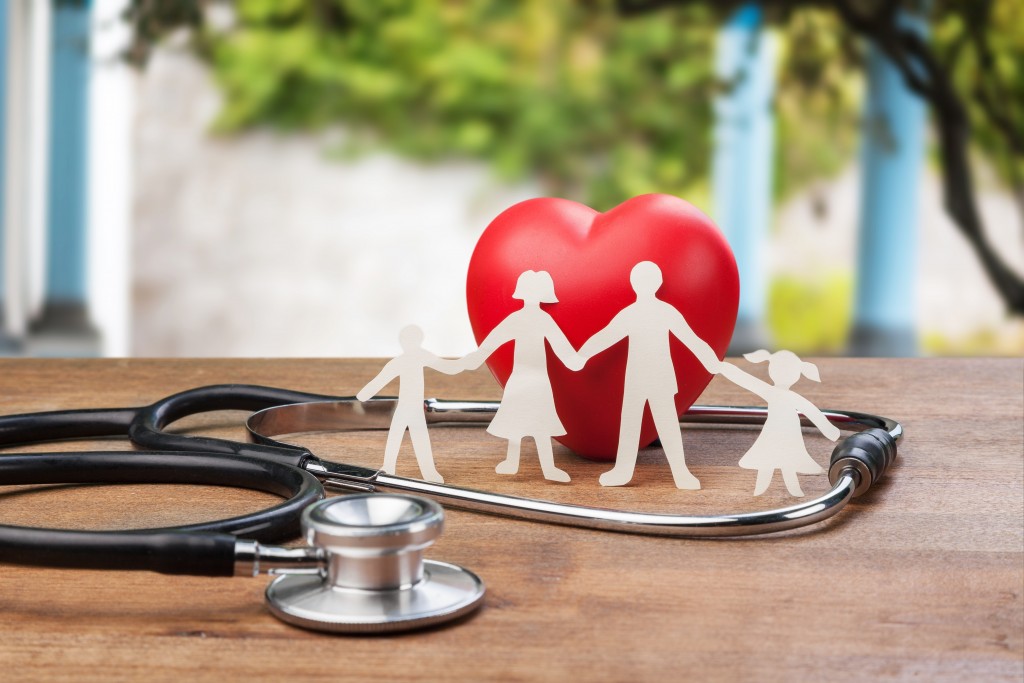Community health centers are a refuge for marginalized populations. These community-driven, non-profit clinics make it possible for the homeless and uninsured to have access to healthcare services despite their income, insurance, or lack thereof.
Such clinics exist to provide comprehensive primary care, affordable medical services, and access to free or low-cost prescriptions to everyone, regardless of their ability to pay. Other services can include immunizations, prenatal and family planning consultations, and outpatient care for serious chronic conditions.
Since community health centers are patient-directed and require minimal to no fees from patients, they take their funding from various sources. This can include Medicaid and Medicare, federal and local county grants, private insurance, as well as patient fees.
Furthermore, because these clinics are run by community efforts, it can be hard to keep track of all the transactions happening due to the number of patients they cater to daily. There isn’t much you can do when an emergency strikes, so it’s better that you are prepared to handle whatever it is with your available resources.
Keep the Environment Sanitized
With the sheer number of people coming and going through your doors every day, it’s not impossible for viral pathogens to be transferred through communal spaces. When this happens, it can be hard to control the outbreak.
To avoid this from happening, you will need an in-house maintenance staff who can keep the community clinic’s environment as sanitized as possible. For more thorough sanitation, you might need to hire commercial cleaning services that have the equipment necessary to tackle the situation.
Remember that your clinic is a place where the homeless and the underprivileged go for medical help, so you should be able to provide them your services without the risk of passing on harmful bacteria or viral infections. Otherwise, your attempts to help them will be futile.
Stock Up on Supplies Regularly
It can be difficult to request additional supplies when you have limited funding, but without ample resources, you can only cater to a few patients. This is a hard situation to be in, specifically because you’ll have to turn away people who don’t have anywhere else to go to.
One way you can make sure that this doesn’t happen is to regularly stock up on supplies that are commonly used to treat patients. Supplies such as IV fluids, gloves, masks, alcohol, pads, gauze, and needles, among many others, are vital to attend to patients requiring treatment.
Your clinic might also need glucose meters and test strips, insulin syringes, hydrogel, and other supplies to treat patients that are diabetic. You must be well-stocked with supplies for whatever emergent situation you find yourself in at all times.
Create an Organized Schedule for Specialists
Public health centers are community-driven, non-profit organizations that follow office hours, unlike 24-hour emergency rooms in hospitals. Another thing that makes a community clinic different from a big hospital is that not all specialists are always available for consultations.
Without a clear and defined schedule for your specialists, it can be difficult for some patients to follow-up on their procedures. For instance, it might be troublesome for those seeking prenatal care to keep coming back to the clinic for a chance to meet with a specialist who has no clear schedules.
To make it easier for your patients, you can try to draft an easy-to-follow schedule that your patients can refer to in case they need additional consultations or treatments. This way, your patients can cut down on transportation fees or expenses garnered from multiple trips to the clinic.

Prepare a List of Hospitals or On-call Doctors for Emergent Situations
You will have to admit that your clinic cannot treat all the patients coming through your doors. This can be possible for several reasons, such as not having the right equipment to treat the case, no medical professional present with expertise on the matter, or simply because the case is too much for a small clinic to handle.
In this case, you will have to have a credible list of on-call doctors that you can contact for emergencies. You might also need a list of hospitals in your area where you can transfer patients if your facilities are not enough to handle a trauma or surgical case on-premise.
Local health care centers are at the heart of every community. They provide people of all statuses with access to affordable primary care and other medical services that they might need. These clinics can also promote awareness regarding mental and behavioral health, family planning, as well as health education that are vital to the growth and development of all people.

